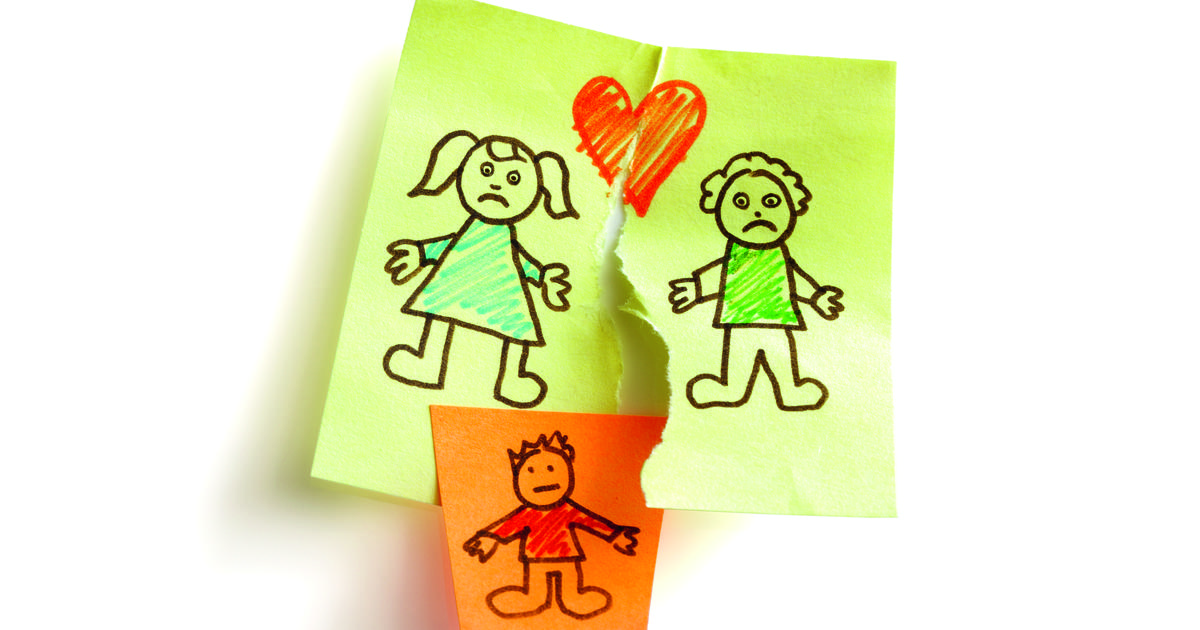When you have been wrung out until you have no childhood happiness left, you grow broken, but you have some things clear.
She knows exactly what she needs: “Love, that's what I long for: love.
In all kinds of ways."
She is a teenager who was born 16 years ago in the oldest city in Colombia.
On the shores of the Caribbean Sea: in Santa Marta.
From there, in time, she moved to another of the oldest cities, this time at more than 1,200 meters of altitude.
To Ibagué, in the Central Cordillera of the Andes.
That was when her mother separated from her father because she mistreated her.
From there, Catalina –who is not called that, but that is how she will be called to protect her anonymity–, one of her sisters and her mother changed houses again.
In total, Catalina has four siblings, three boys and one girl.
And a stepsister.
But she hasn't seen most of them for eight years.
The eldest was born when her mother was 12 and she says that she had her “somewhere around 15″.
After those moves, even harder times would come.
Although Catalina was already used to pain, she has become almost constant due to a life plagued by all kinds of abuse.
Especially from your own family members.
"We realize that most of the aggressors are linked in one way or another with the girl or adolescent," says Maira Daza with the weight of her experience as a psychologist at the Renacer Foundation, which has been in more than 30 years. the fight against violence and sexual exploitation in Colombia.
Ella daza adds that "in childhood and adolescence it is extremely important to have that emotional support because that is where we form our personality with endless characteristics that allow us to establish ourselves and know who we are."
Catalina never had that support.
Now, when she plays with the boys and girls in her provisional neighborhood, she tells them to pinch her to show them that she no longer feels anything.
And she remains impassive.
She probably hurt him, but the memory of her flooded with bad experiences of hers has made her assimilate it as something bearable.
Just as she has assimilated as something perhaps unbearable, but at least forgivable, that her mother abandoned her and handed her over to Colombian social services at the age of 12, when her partner made her choose between him -the stepfather-, and his daughter , Katherine.
And she chose him.
Also, that her mother, when she was returned to her at age 14, forced her to sell her body and consume substances;
that her grandfather tried to abuse her when she went to him without knowing who else to turn to;
and that her father hit her as a child with leather belts,
Views of the Nelson Mandela neighborhood from Mirador de Cartagena, a sector of the Cerros de Albornoz neighborhood, in Cartagena de Indias, Colombia.Alicia Fábregas
All of this has shaped the geography and climate of this young woman's 16 years of life: a desert of affections lashed by storms of physical and psychological violence.
But in the face of all those "very mean" things, as she says, she shows no resentment.
She says that she's going to be like the lead in
Rock Dog
, a
cool
movie that she saw in the theater the only time she's ever been to one.
The protagonist, the dog, dreamed of being a singer “and as he had hope, faith, it was fulfilled and he became very famous.
I know that my life is going to turn around like this too.”
To achieve this, she wants to study, although she is already within those Unicef statistics that reveal that, in 2018, only 46% of the students who started school in Colombia finished it.
Catalina has hardly been to school, but she would love it: “I really want to study because when I turn 18 I want to see myself at a university, finish my degree, look for my apartment, a job…”.
And when she gets all that, her main plan is to find her family and sew up all the broken pieces: “I'm going to put it back together.
I'm going to take my mom to her psychiatry section so they can help her.
To my stepfather, if he is still with my mother, I am going to take him to a psychologist.
To my dad, well, I help him with some money so that he can get a good, stable house”.
Catalina's story is also that of many other survivors of similar situations in Colombia.
In 2020, the Attorney General's Office of this country recorded more than 1,400 open judicial proceedings for crimes related to the commercial sexual exploitation of children and adolescents.
Half of them are cases related to child pornography.
A situation that is forged in a more complex context, which in the words of Rocío Mojica, UNICEF protection officer, has to do with the family and social imaginary: “When the child or adolescent is conceived not as equal in dignity, there is an idea that the adult can dispose of both his will and his body”.
When the boy, girl or adolescent is conceived not as equal in dignity, there is an idea that the adult can dispose of both his will and his body
Rocio Mojica, Unicef
These statistics from the Attorney General's Office are also usually just the tip of the iceberg.
"We always have a huge underreporting," says Arturo Herrera, communications coordinator for the Renacer Foundation.
This happens because people are afraid to report or because they don't believe in the judicial system: “The law is sometimes applied and sometimes not.
That is why there are few women who want to go and file a complaint.”
Says Gladys Esther Montes, one of the leaders of the Nelson Mandela neighborhood who raised up in the early nineties in Cartagena de Indias those displaced by the violence of the armed conflict.
There, according to Montes, “the girls go out to sell their bodies because, what other opportunity do they have?
A home where that mother has not had that opportunity…”.
Mojica puts it in perspective:
"The families themselves consider that a way of coping with serious situations of poverty, with complex conditions, is to use the girl's body."
Not only for her to get ahead, but so that the whole family can do it.
And that leads to the third option that motivates this underreporting in the statistics on sexual exploitation of minors: that these situations are not even understood as a crime.
“In the city of Cartagena there was an additional challenge and that is that in this city people, although they saw the crime, although they saw the behavior, normalized the situation.
It is a job of deconstructing those imaginaries”, says the communications coordinator of Renacer.
In Cartagena, one of the epicenters of tourism on the Colombian Caribbean coast, this problem is accentuated by sexual exploitation in the context of travel and tourism.
Mainly because of racism and discrimination.
In this sense, the Colombian Institute of Family Welfare (ICBF) points out:
The principles
“My grandmother did the same thing my mom did to me.
And she led her to drugs as well.”
The first time Catalina's mother handed her over to social services, she was a consumer and a sex worker.
This 16-year-old girl tells it sitting on one of the two chairs taken outside, to the interior patio with white walls, chipped pieces of a large house, with a security grill attached to the entrance door, with a dog that from time to time barks, with a large living room and in the back an open kitchen and a high cement table in front of a door that opens onto this patio and this chair where Catalina is speaking.
But this is not your house.
This is not even the neighborhood where she is temporarily living in Cartagena since she escaped a few weeks ago from the last foundation where she was sheltered.
This is not her space and, from what she tells, she is at the opposite end of the spaces that have been her life: “As a child, sweeping, washing the slab, mopping, all that.
Locked up and then watch my dad's discussions with my mom."
A motorcycle passes in front of a precarious home in the Cerros de Albornoz neighborhood. Alicia Fábregas
Cruelty has marked the life of this teenager, who now wants to make it up to herself:
— I want to enjoy my life playing because I didn't have a childhood.
Play tag, hide-and-seek, strikeout.
I even play kitchen.
And we're planning to play American hide and seek.
-And how is that?
— It's about you hiding with your partner and then they start kissing and that's it.
Until they find them doing something else...
And when she tells Catalina, she shows a half-childish smile that quickly turns into a more serious gesture.
"But I don't do that anymore."
I kiss and nothing else.
It is better to avoid than to regret.
Daza, the psychologist at Renacer, says that, according to her experience with minors from the age of seven, the most common impacts of sexual exploitation
they manifest themselves in the form of low self-esteem, anxiety, depression or consumption of psychoactive substances: “It is a complex process.
The girl has to begin to channel and externalize all those situations that she experienced.
Not only of abuse, but also of abandonment, of the deficiencies that she surely has.
With therapeutic intervention, she can overcome these situations.”
Catalina has been through psychologists and psychiatrists on several occasions and on occasion, but has not followed or continues to follow any ongoing therapy.
"I can't get angry because my body begins to ache, it gives me a very strong pain in my heart and I get upset and don't think".
And her face and body are sad when she explains it.
Catalina is now dark curls, a hand that nervously touches her leg, a finger that touches her eyelash, that wipes away a tear, that tries not to cry,
shorts
, innocent speech, dark eyes, a look that turns towards the distance from time to time, insecure, sneakers, a permanent escape.
She fled from one of the reception centers to go to her grandfather's house, who did not want to keep her.
She ran away from one of the centers to go to her grandfather's house, again, to ask him why he hadn't come to visit her for her 16th birthday.
And she fled before and after.
She has recently run away to temporarily sleep on a sofa.
And she fled in the past to the house of a former stepfather of hers who had treated her well and who also received her well, although he could not take her in:
"Well, he gave me everything."
Mechato, all that.
Do you know what mecha is?
-Nope.
What is?
-Sweet.
Columbian...
For now, his future is a translucent curtain and he still hasn't quite figured out how to draw it back to let in the light.
Still, despite her youth, she manages to put things into perspective.
Or perhaps do what is necessary to move forward: “Everything in life has an end and it has a beginning.
Although they hurt me, I forgive them, because they are my family.
You can follow PLANETA FUTURO on
,
and
, and subscribe
to our 'newsletter'
here
.

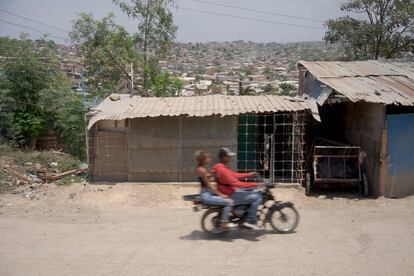
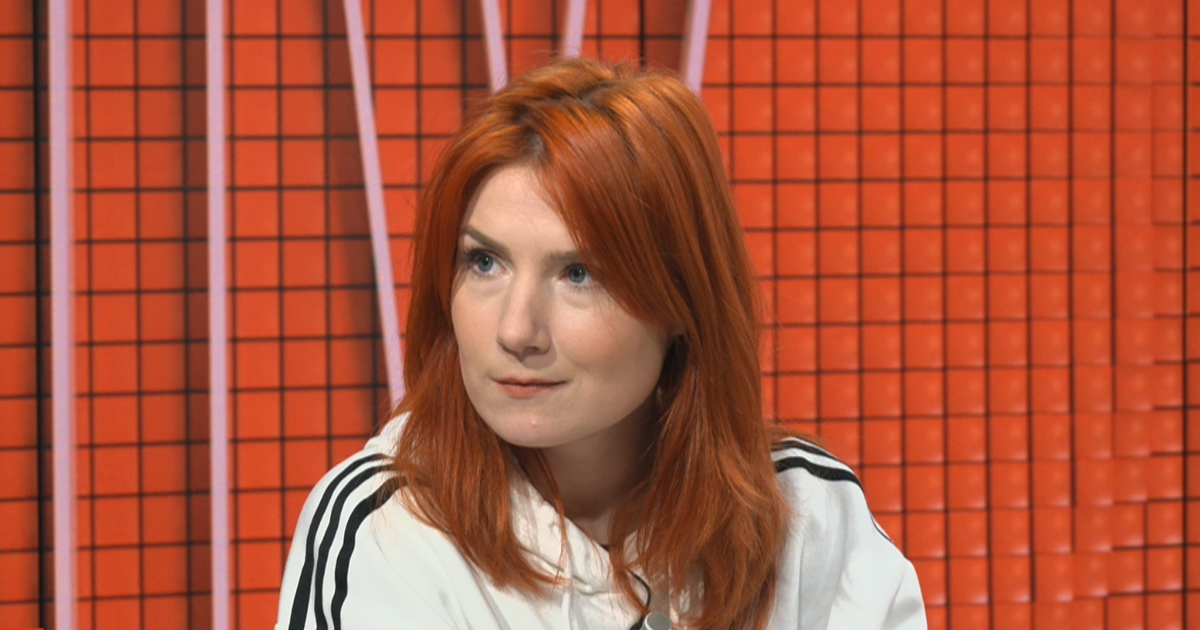
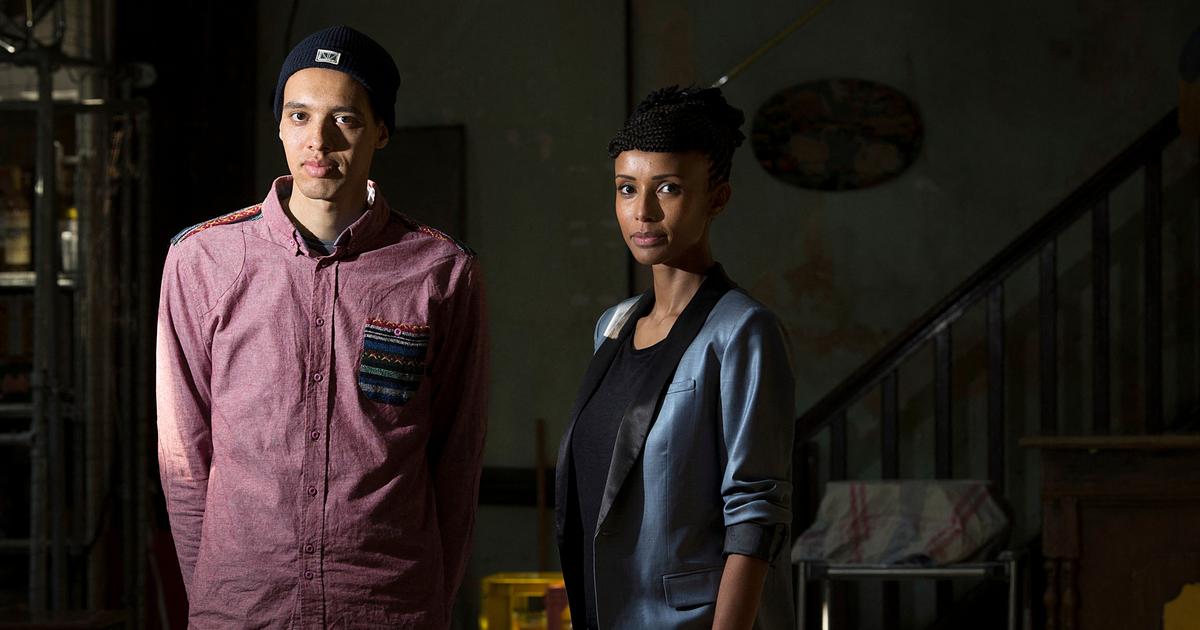
/cloudfront-eu-central-1.images.arcpublishing.com/prisa/CAHSVQLJ3BG67CVS2AKJQBHDCM.JPG)
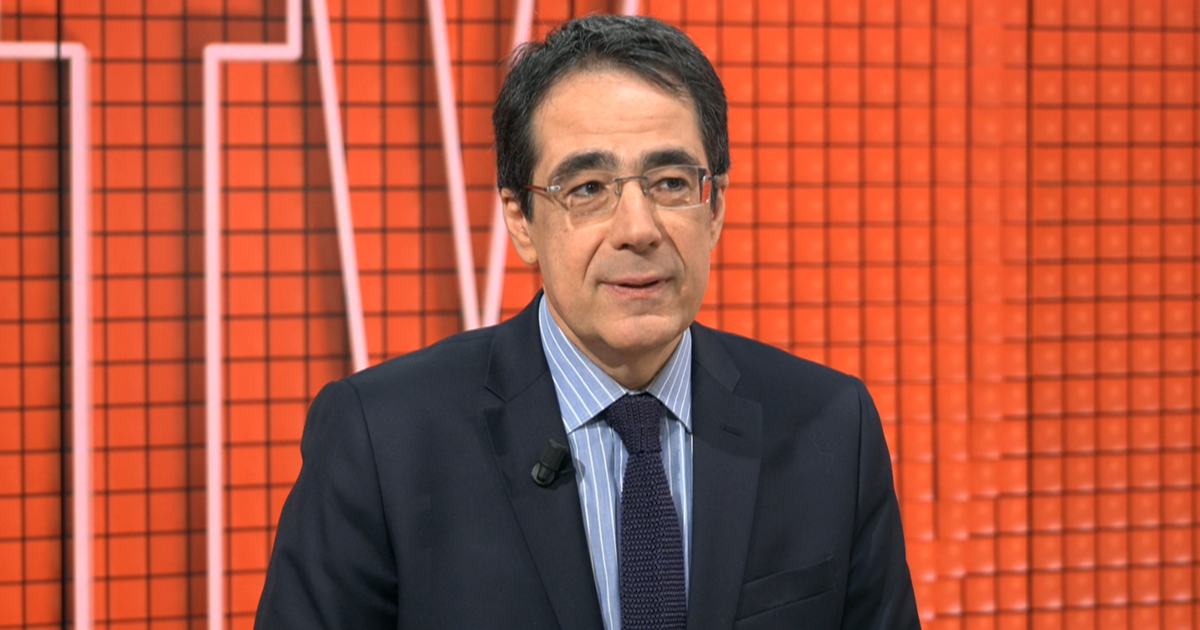
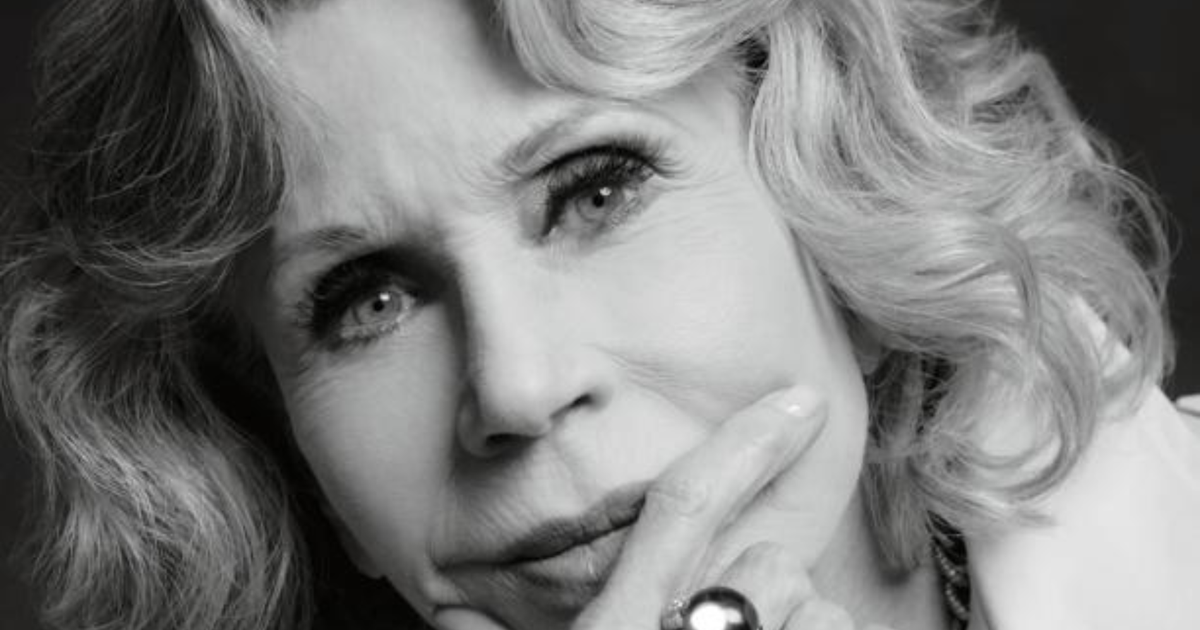
/cloudfront-eu-central-1.images.arcpublishing.com/prisa/SELJZCEZBNDZBPMNSIAZKYPXGE.jpg)

